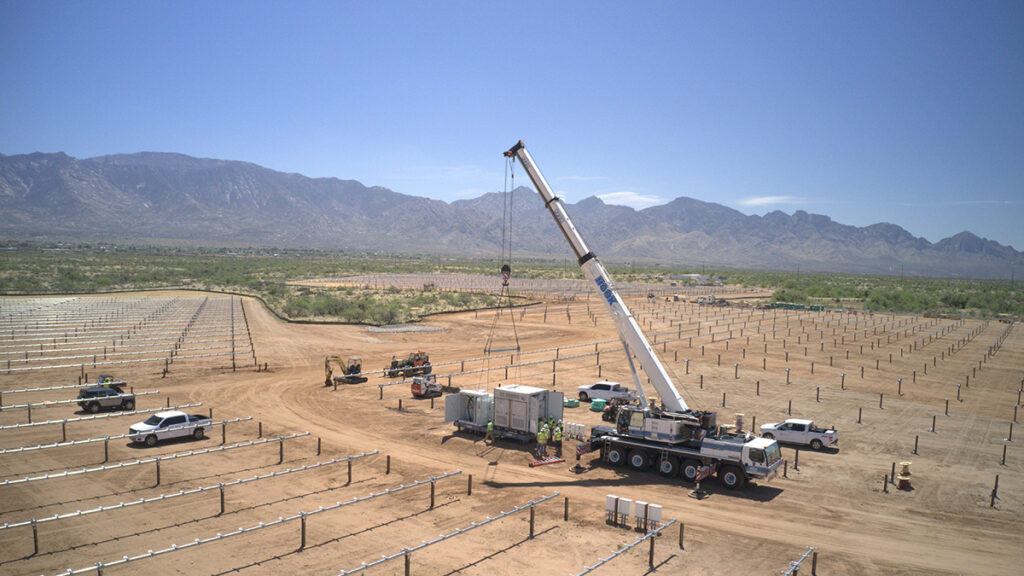
New interim guidance for federal agencies when assessing the impact of greenhouse gas emissions goes beyond the authority of the National Environmental Policy Act and stands to delay critical electric infrastructure projects for small, rural communities.
That’s the message from NRECA and the American Public Power Association to the White House Council on Environmental Quality regarding its Interim Guidance on Consideration of Greenhouse Gas Emissions and Climate Change.
In formal comments filed April 10, NRECA and APPA said the interim guidance for NEPA reviews is overbroad and urged CEQ to withdraw and revise the document.
Construction and maintenance of infrastructure for electric generation, transmission and distribution, and broadband often involve obtaining permits, financing and right-of-way authorizations from federal agencies that must review these projects under NEPA.
“Allowing the guidance to stand would result in further delays and higher costs for NEPA reviews as federal agencies struggle to follow CEQ’s directions, which are unmanageable and inconsistent with the statute and Supreme Court case law,” said Viktoria Seale, NRECA regulatory affairs director. “NEPA is a procedural statute that does not provide authority to change a project’s purpose or alter an agency’s duties or obligations under its statutory authorities.”
The guidance fails to provide sufficient direction to regulatory agencies on when they can determine a project will not have a significant impact on the environment, Seale said. It also favors renewable projects, she said, by presupposing they require less analysis than other work to improve the efficiency and reliability of the electric grid.
At the very least, Seale said, NRECA and APPA recommend that the guidance not be applied to ongoing NEPA reviews that have already passed the scoping stage.
The associations highlighted the innovative energy projects taken on by electric co-ops and public power authorities that reduce greenhouse gas emissions. These include adding more renewable energy, exploring energy storage, greater efficiency and research in carbon capture technologies.
CEQ issued the interim guidance in January and will review public comments to determine whether to revise or finalize the guidance later this year.
Cathy Cash is a staff writer for NRECA.